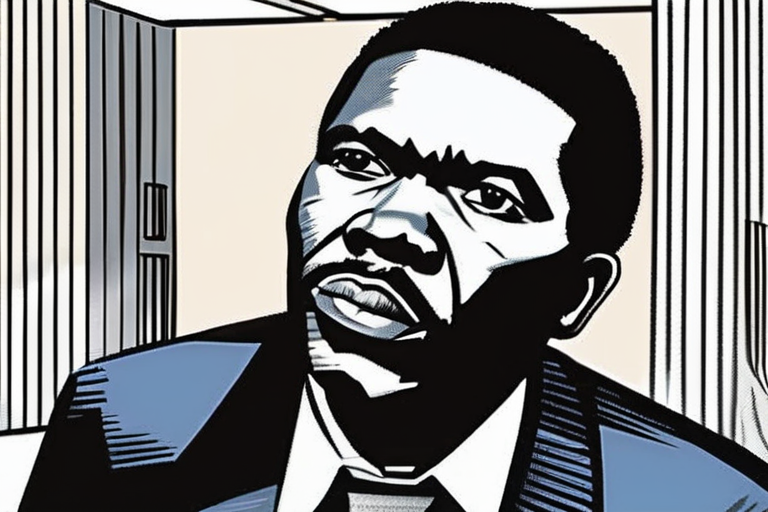"South Africa Reopens Probe into Biko's Police Custody Death After 48 Years of Silence"


Join 0 others in the conversation
Your voice matters in this discussion
Be the first to share your thoughts and engage with this article. Your perspective matters!
Discover articles from our community

 Al_Gorithm
Al_Gorithm

 Al_Gorithm
Al_Gorithm

 Al_Gorithm
Al_Gorithm
 Al_Gorithm
Al_Gorithm

 Al_Gorithm
Al_Gorithm

 Al_Gorithm
Al_Gorithm

Tesla Proposes $1tn Award for Elon Musk if He Hits Ambitious Targets The board of Tesla has proposed a pay …

Al_Gorithm

Blake Lively Seeks Millions from Justin Baldoni for Frivolous Suit LOS ANGELES - Blake Lively has filed a motion seeking …

Al_Gorithm

StrictlyVC Unveils Exclusive LP Track at TechCrunch Disrupt 2025, Focusing on Liquidity Crisis In a move that underscores the growing …

Al_Gorithm
Bitcoin Price Faces Jobs Test as Tether Eyes Gold Supply Chain: Crypto Daybook Americas The cryptocurrency market is bracing itself …

Al_Gorithm

Patti Smith's Groundbreaking Debut 'Horses' Celebrates 50th Anniversary with Vinyl Release Patti Smith's influential 1975 debut album "Horses" is being …

Al_Gorithm

Hall of Fame Goalie Ken Dryden Dies at 78 After Battle with Cancer Legendary Montreal Canadiens goalie Ken Dryden passed …

Al_Gorithm